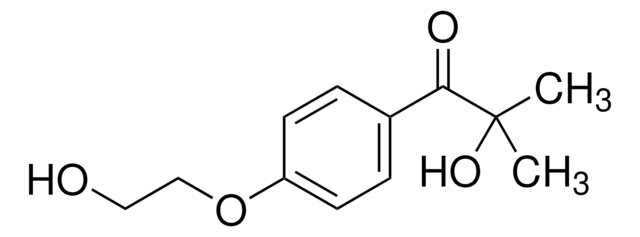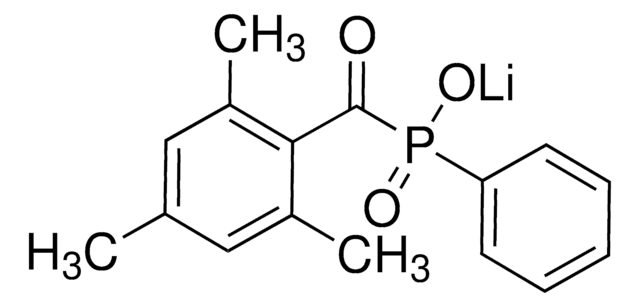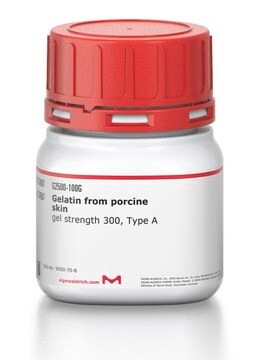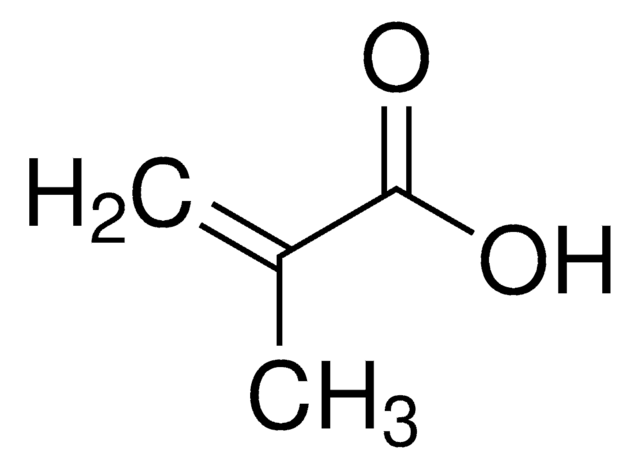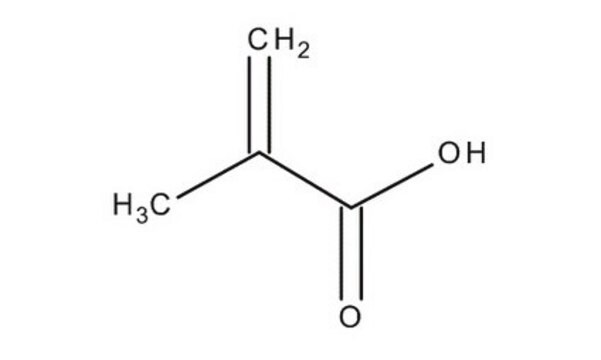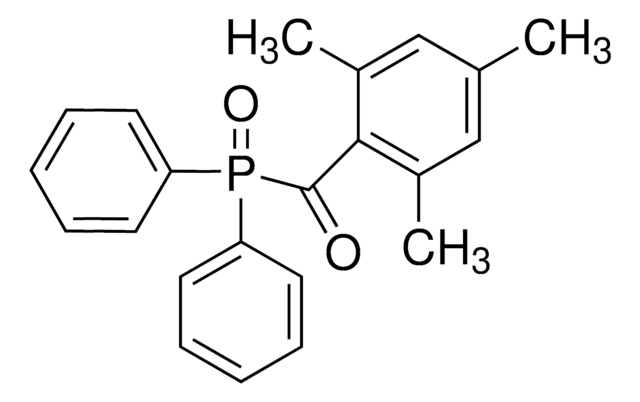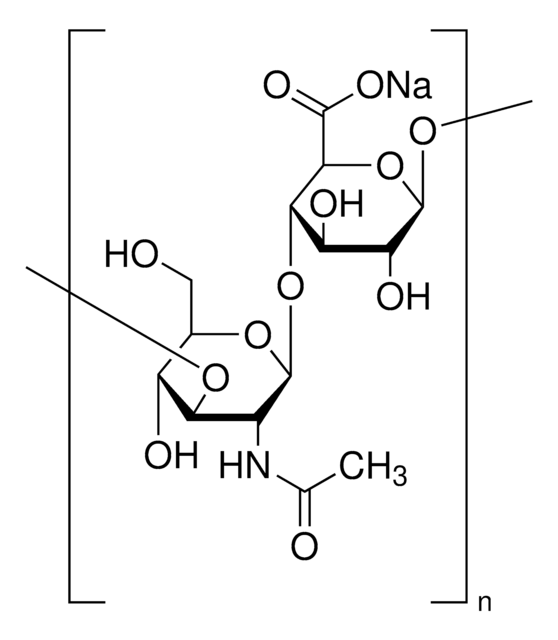276685
Methacrylic anhydride
contains 2,000 ppm topanol A as inhibitor, ≥94%
Synonyme(s) :
Methacrylic acid anhydride
About This Item
Produits recommandés
Niveau de qualité
Pureté
≥94%
Forme
liquid
Contient
2,000 ppm topanol A as inhibitor
Indice de réfraction
n20/D 1.453 (lit.)
Point d'ébullition
87 °C/13 mmHg (lit.)
Densité
1.035 g/mL at 25 °C (lit.)
Chaîne SMILES
CC(=C)C(=O)OC(=O)C(C)=C
InChI
1S/C8H10O3/c1-5(2)7(9)11-8(10)6(3)4/h1,3H2,2,4H3
Clé InChI
DCUFMVPCXCSVNP-UHFFFAOYSA-N
Vous recherchez des produits similaires ? Visite Guide de comparaison des produits
Catégories apparentées
Description générale
Application
- Methacrylated chondroitin sulfate pH-sensitive hydrogels by copolymerization reaction. These hydrogels can be used in drug delivery systems.
- High-performance lignin-based thermosets.
- Gel polymer electrolyte, which is then integrated with the cathode to form high-performance lithium-ion batteries.
Mention d'avertissement
Danger
Mentions de danger
Classification des risques
Acute Tox. 4 Inhalation - Acute Tox. 4 Oral - Eye Dam. 1 - Skin Irrit. 2 - Skin Sens. 1 - STOT SE 3
Organes cibles
Respiratory system
Code de la classe de stockage
10 - Combustible liquids
Classe de danger pour l'eau (WGK)
WGK 2
Point d'éclair (°F)
183.2 °F - closed cup
Point d'éclair (°C)
84 °C - closed cup
Équipement de protection individuelle
Eyeshields, Faceshields, Gloves, type ABEK (EN14387) respirator filter
Faites votre choix parmi les versions les plus récentes :
Déjà en possession de ce produit ?
Retrouvez la documentation relative aux produits que vous avez récemment achetés dans la Bibliothèque de documents.
Les clients ont également consulté
Articles
Discussion of synthetic modifications to gelatin, improving the three-dimensional (3D) print resolution, and resulting material properties.
Notre équipe de scientifiques dispose d'une expérience dans tous les secteurs de la recherche, notamment en sciences de la vie, science des matériaux, synthèse chimique, chromatographie, analyse et dans de nombreux autres domaines..
Contacter notre Service technique